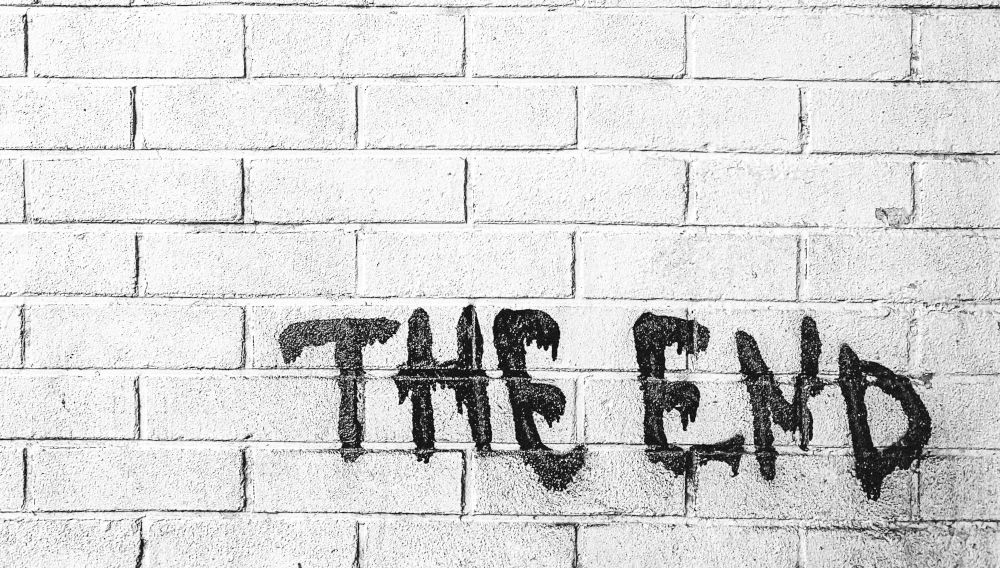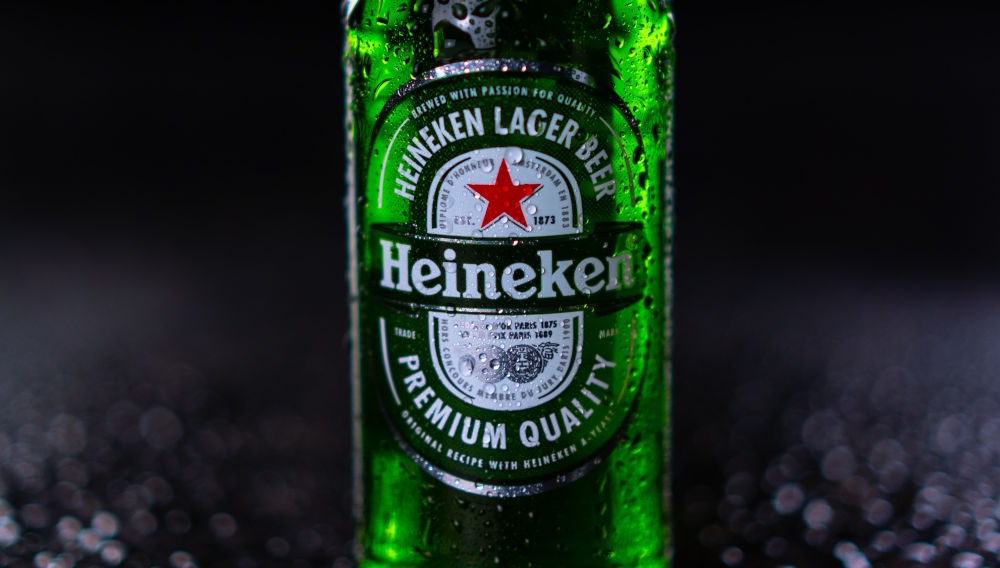Europe/Russia
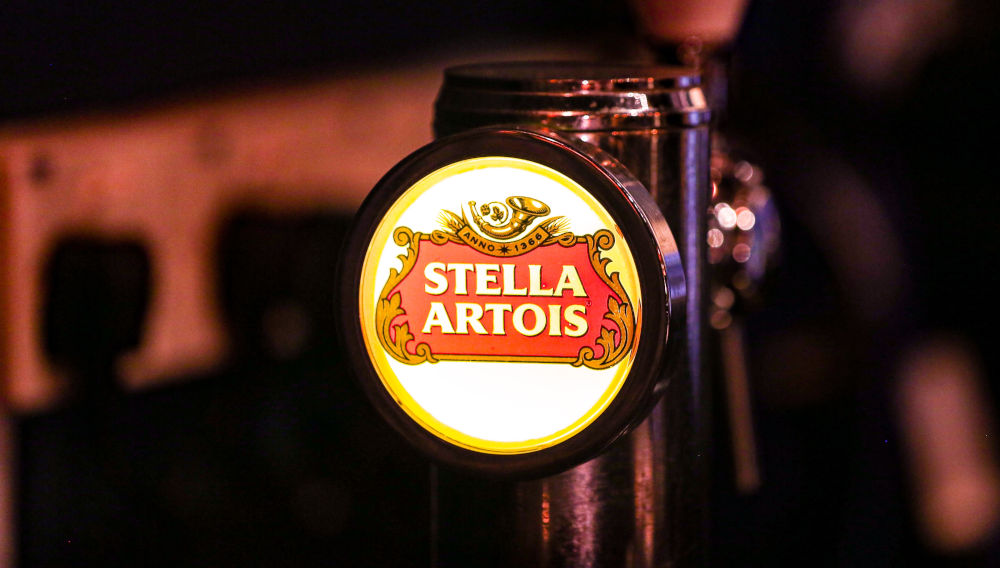
Belgium | AB-InBev announced a USD 6 billion share buyback over two years, as the Belgian brewer cuts debt and grows profits even as sales fall. On 30 October it reported a 3.3 percent rise in underlying operating profit in the third quarter 2025, but it was still the lowest quarterly profit growth since 2021 for the maker of Stella Artois and Corona. Organic volumes slipped 3.7 percent, with beer volumes down by 3.9 percent, as they were dragged down by weak demand in China and poor weather in Brazil.
Europe/Russia
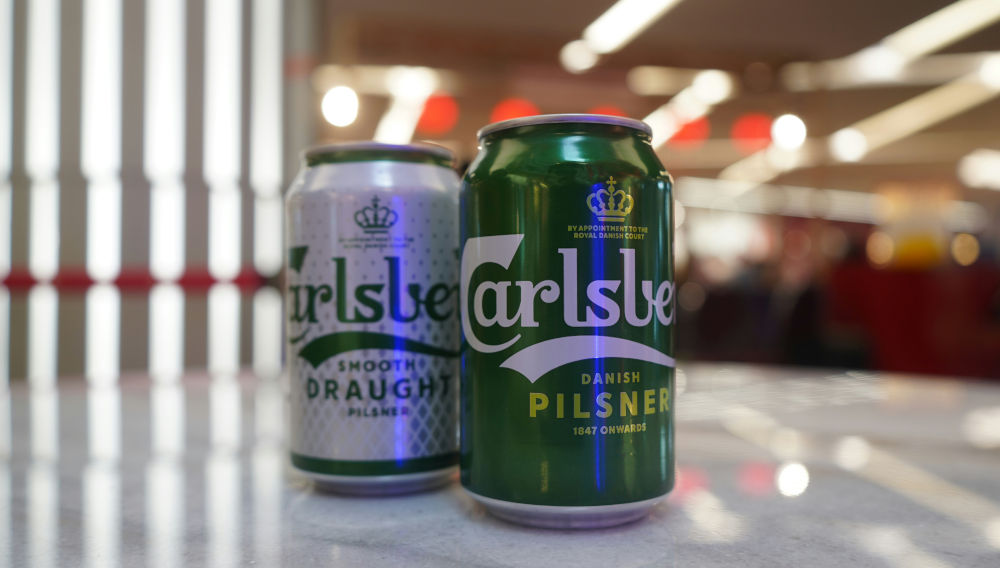
Denmark | Carlsberg, on 30 October, reported a decline in underlying sales and volumes for the third quarter 2025 from a year earlier, citing a challenging consumer environment, and said it was taking steps to cut costs. The Danish brewer posted a 1.4 percent drop in organic sales – excluding acquisitions – and a 3 percent decline in organic volumes.
Europe/Russia
The Netherlands | Polish employees at Heineken’s Krakow shared services centre are not alone in worrying about their jobs. On 14 October, the Dutch brewer announced a reorganisation at its Amsterdam headquarters, which will affect approximately 400 jobs. Starting in 2026, the changes are part of “broader initiatives to create a more agile, simpler, and better-connected organization focused on growth and innovation,” the company said.
Europe/Russia
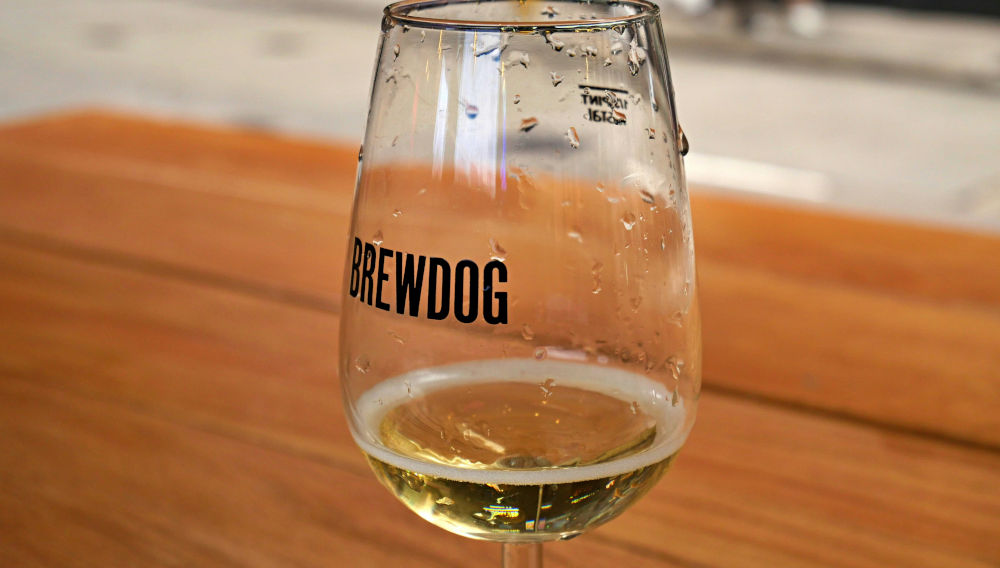
United Kingdom | Scottish brewer and pub operator BrewDog has announced job cuts across the business, media reported on 6 October. The firm has not confirmed how many jobs will go. Staff were informed in an email from CEO James Taylor. The trade union Unite said roles could also be lost at BrewDog's Ellon brewery and described it as a “deeply worrying sign for the company's future”.
Europe/Russia
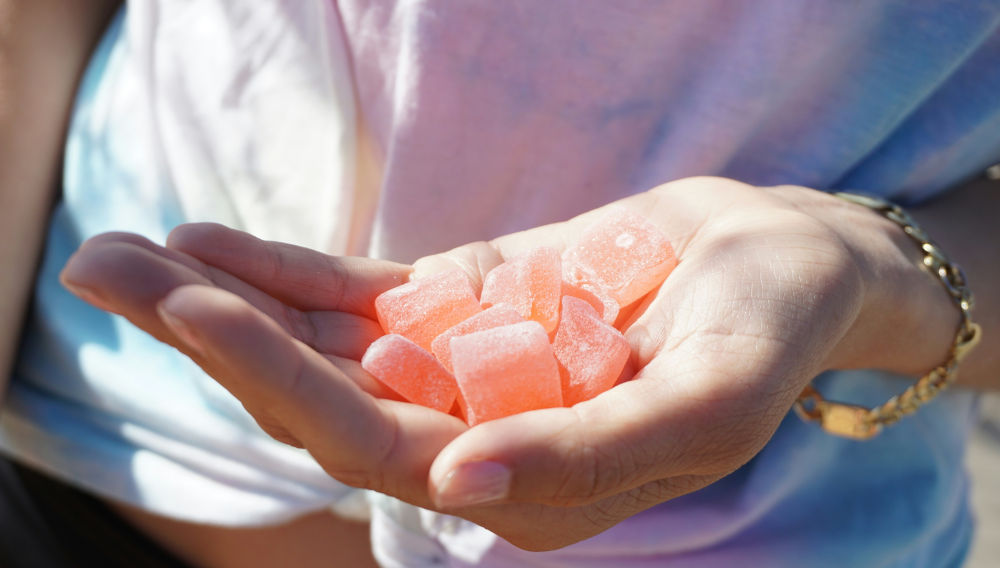
USA | One of the fastest growing segments for craft brewers in Ohio has just been eliminated. Ohio Governor Mike DeWine, a Republican, signed an executive order, temporarily banning food and beverage products that contain intoxicating THC derived from hemp. The ban began on 14 October and will last for 90 days. Retailers were compelled to pull these products from shelves.
Europe/Russia
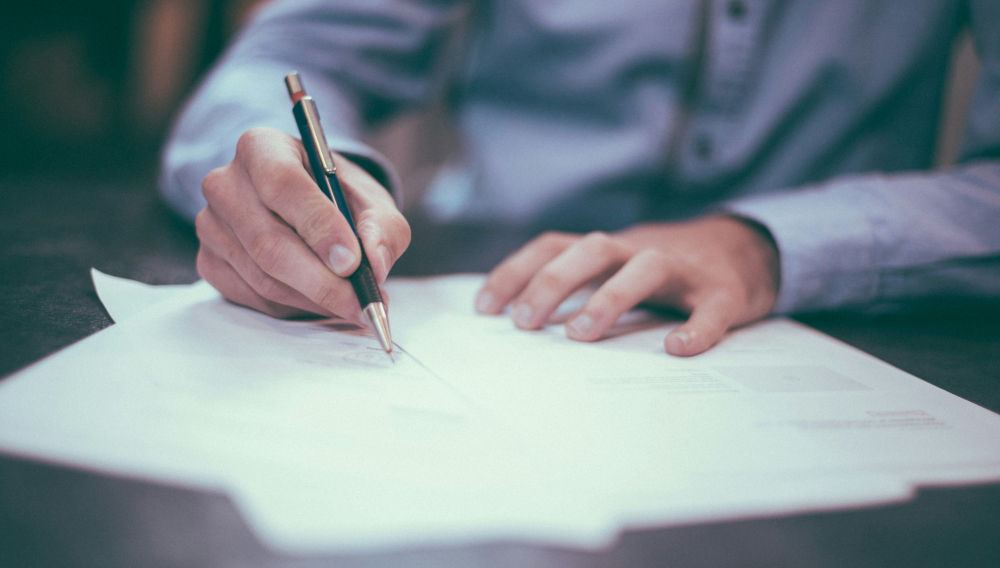
United Kingdom | East African Breweries’ majority owner, Diageo, will pay USD 750,000, following a probe into anti-competitive business practices in Eswatini, Seychelles, Uganda, and Zambia, media reported on 14 October. The Common Market for Eastern and Southern Africa (COMESA) Competition Commission launched an investigation into Diageo, alongside Heineken, Castel and AB-InBev. in 2021, regarding the “market allocation arrangements” and “territorial restrictions” the companies were alleged to have had.
Europe/Russia
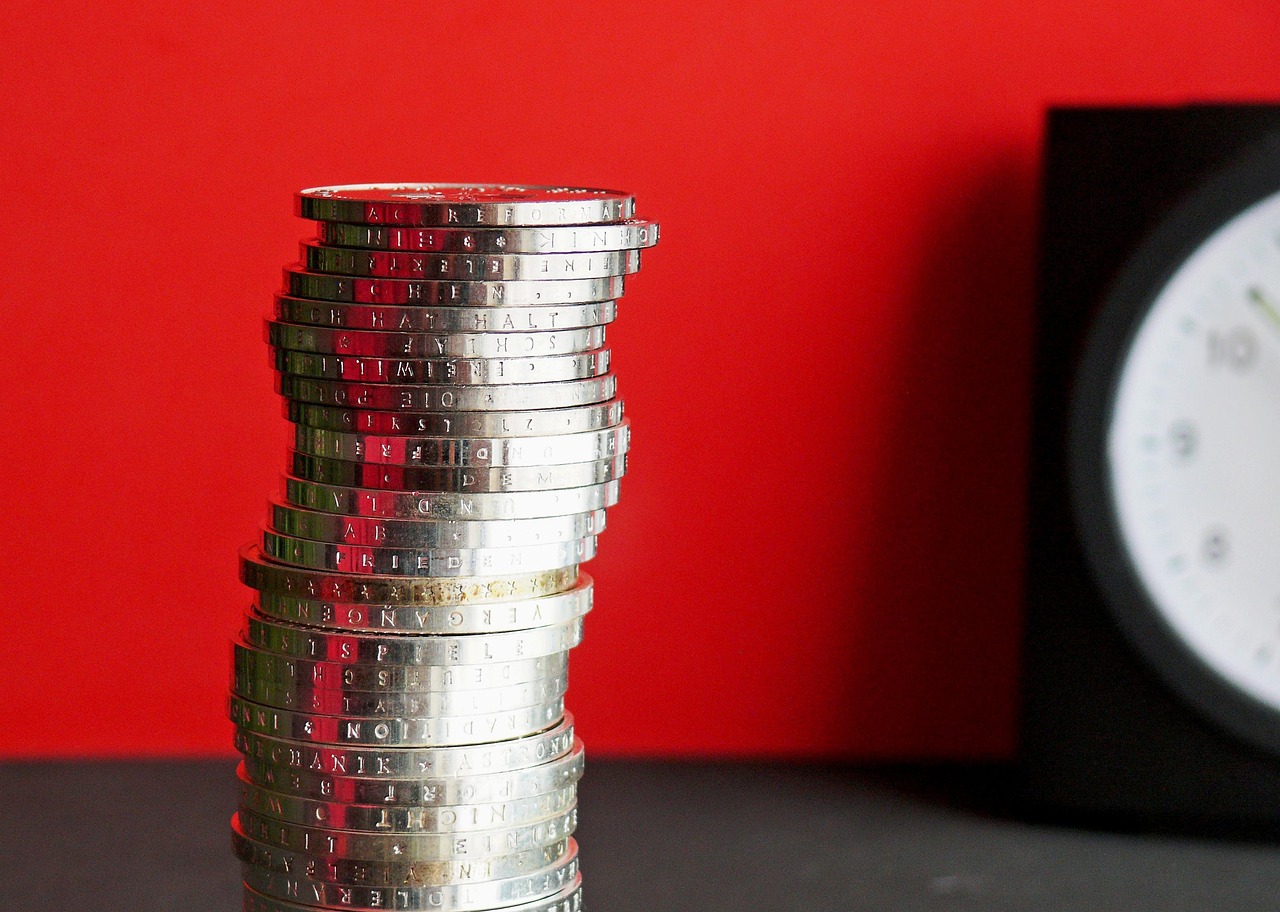
Austria | The beer market leader’s contribution to the domestic economy exceeds EUR 1.2 billion, according to a study presented in Vienna on 20 October. The timing of the study’s release is probably not entirely coincidental. Heineken’s Austrian subsidiary, Brau Union, is currently facing antitrust proceedings on suspicion of market power abuses.
Europe/Russia
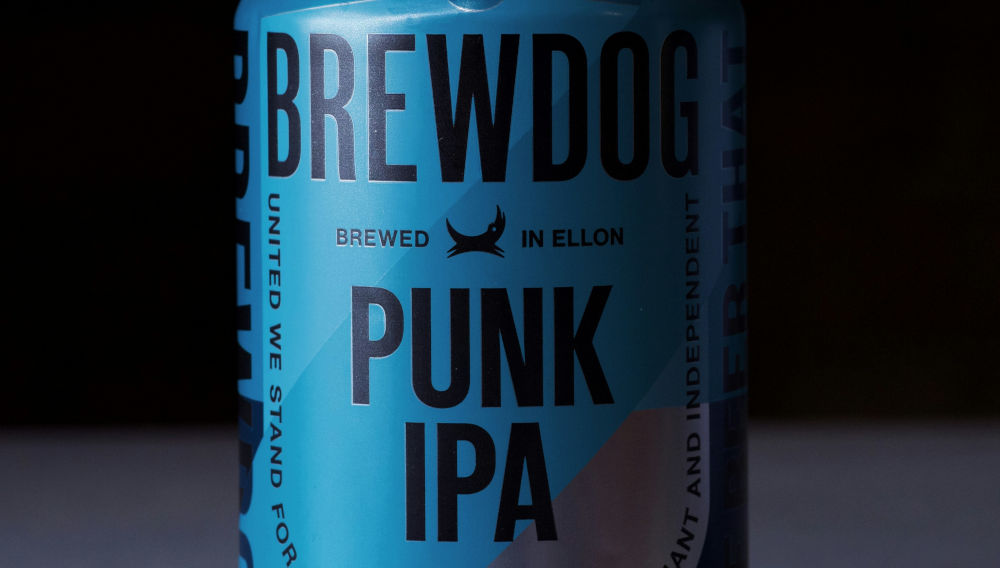
United Kingdom | BrewDog has sold its rewilding estate – dubbed The Lost Forest - in Kinrara near Aviemore in the Highlands, which it bought with great fanfare in 2020 for GBP 8.8 million. The brewer and pub operator pledged it would plant millions of trees on 50 sq km of land, initially telling consumers the project would be partly funded by sales of its Lost Forest beer. In fact, it was largely funded by a Scottish government grant.
Europe/Russia
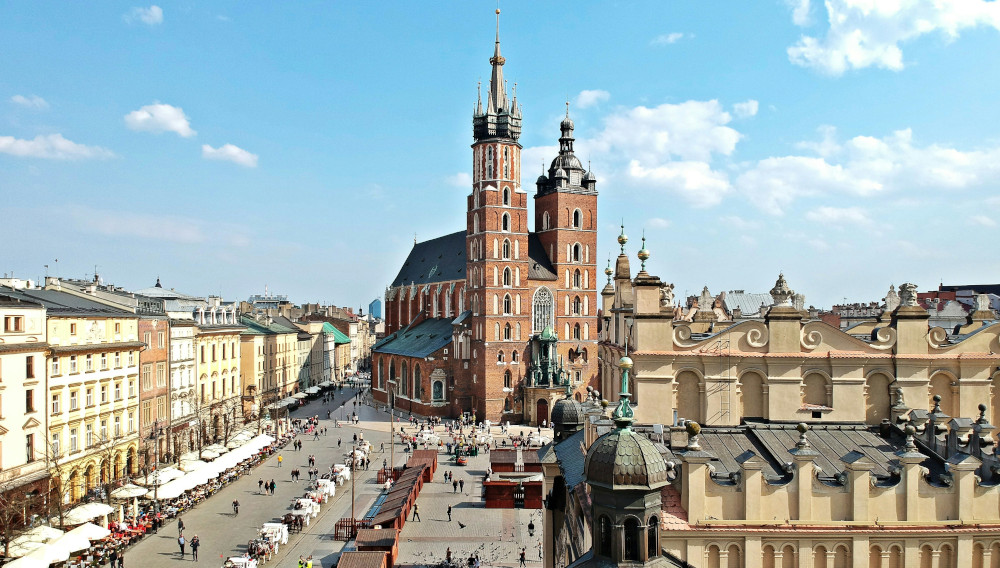
Poland | The spectre of mass redundancies is haunting the Polish city of Krakow, long a hub of shared services centres for international firms. As nothing is certain or confirmed, many locals fear that Heineken is at the forefront of job cuts, allegedly considering a reduction of up to 700 positions in its Krakow shared services centre. They could go to a new centre in India’s Hyderabad. The Krakow branch has been operating since 2012, serving the brewer’s global processes.
Europe/Russia
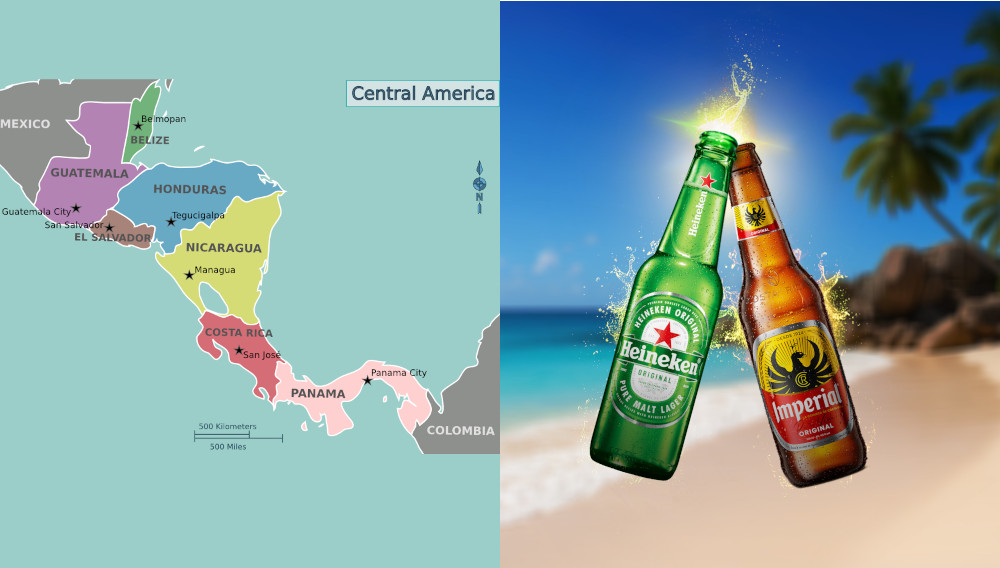
The Netherlands | The seven central American countries with an estimated population of 52 million people have rarely been in the news in recent years, except when foreign media decided to report on its endemic violence and corruption stemming from organized crime and the drug trade. So, it was a piece of good news, highlighting the region’s business potential, that Heineken announced on 23 September, it will acquire the beverage and retail operations of Florida Ice and Farm Company (FIFCO) in a deal valued at about USD 3.2 billion in cash.

